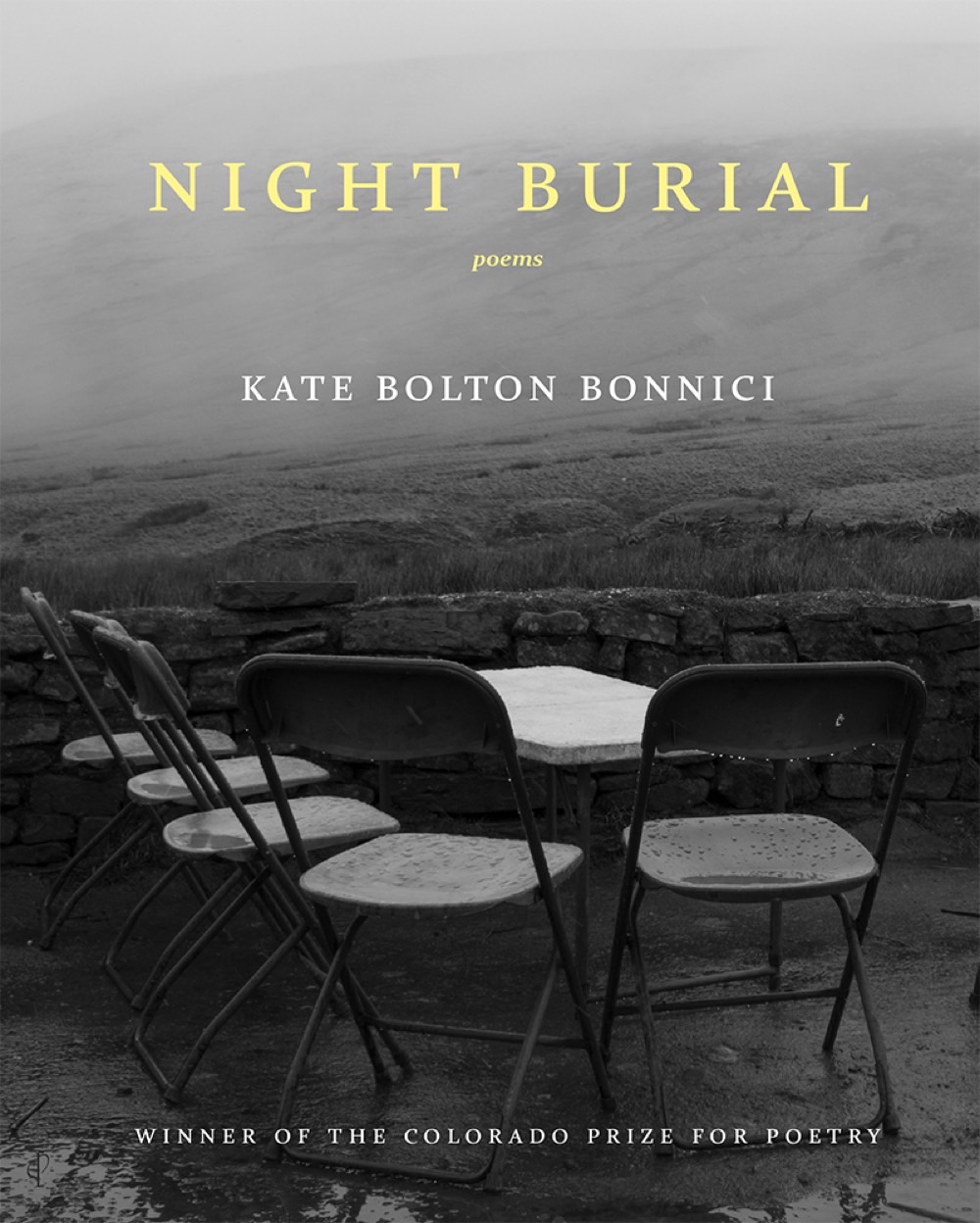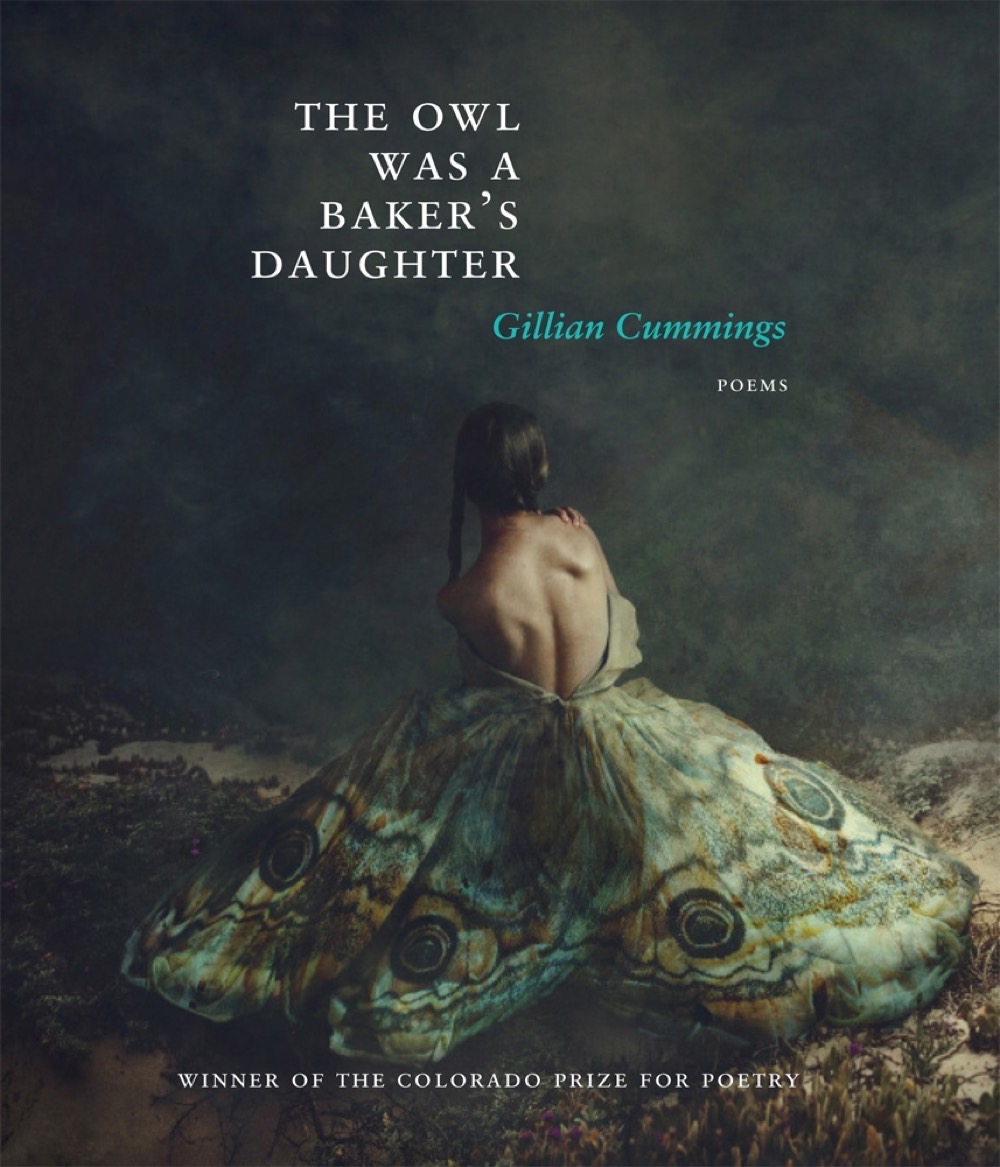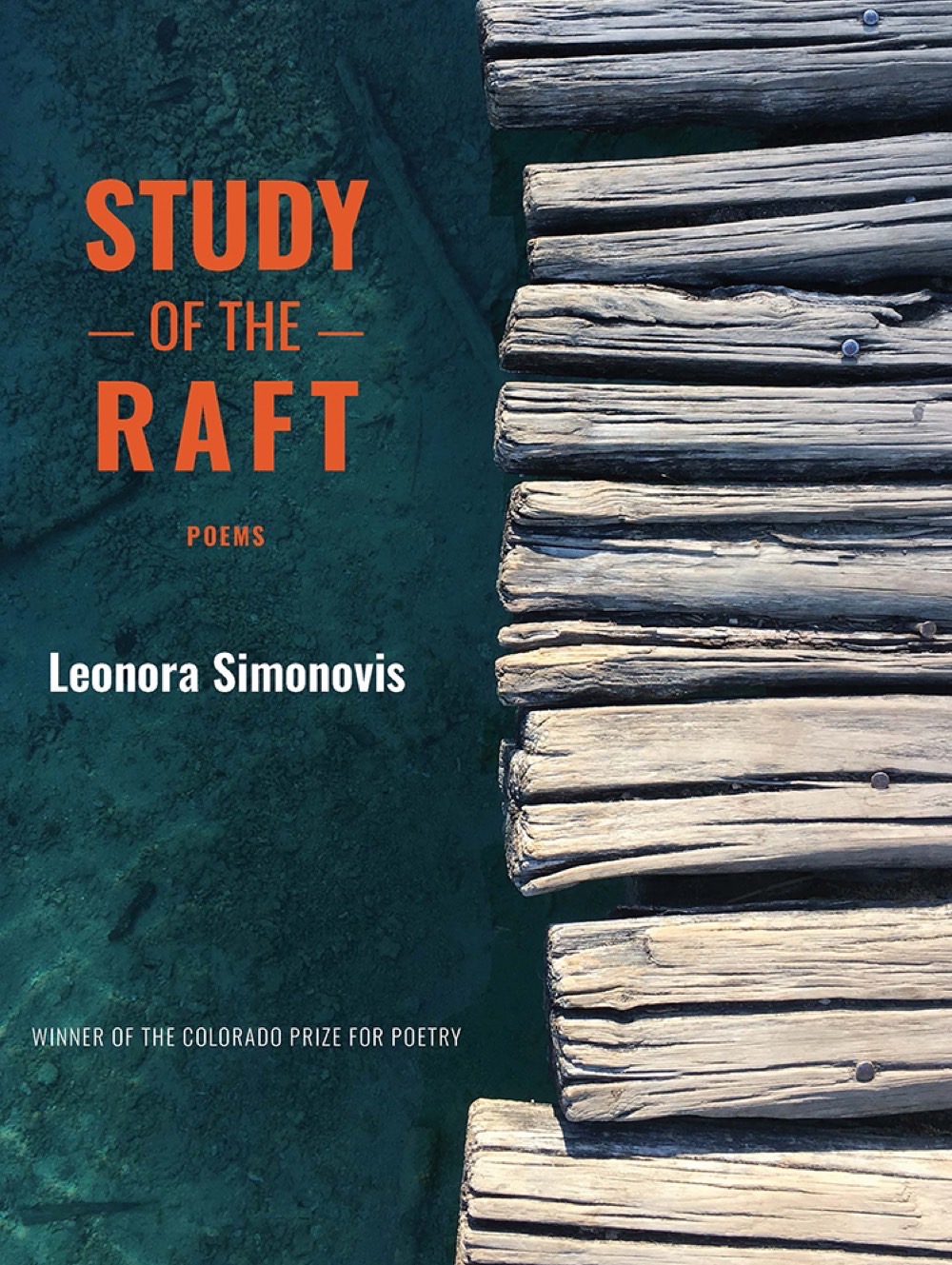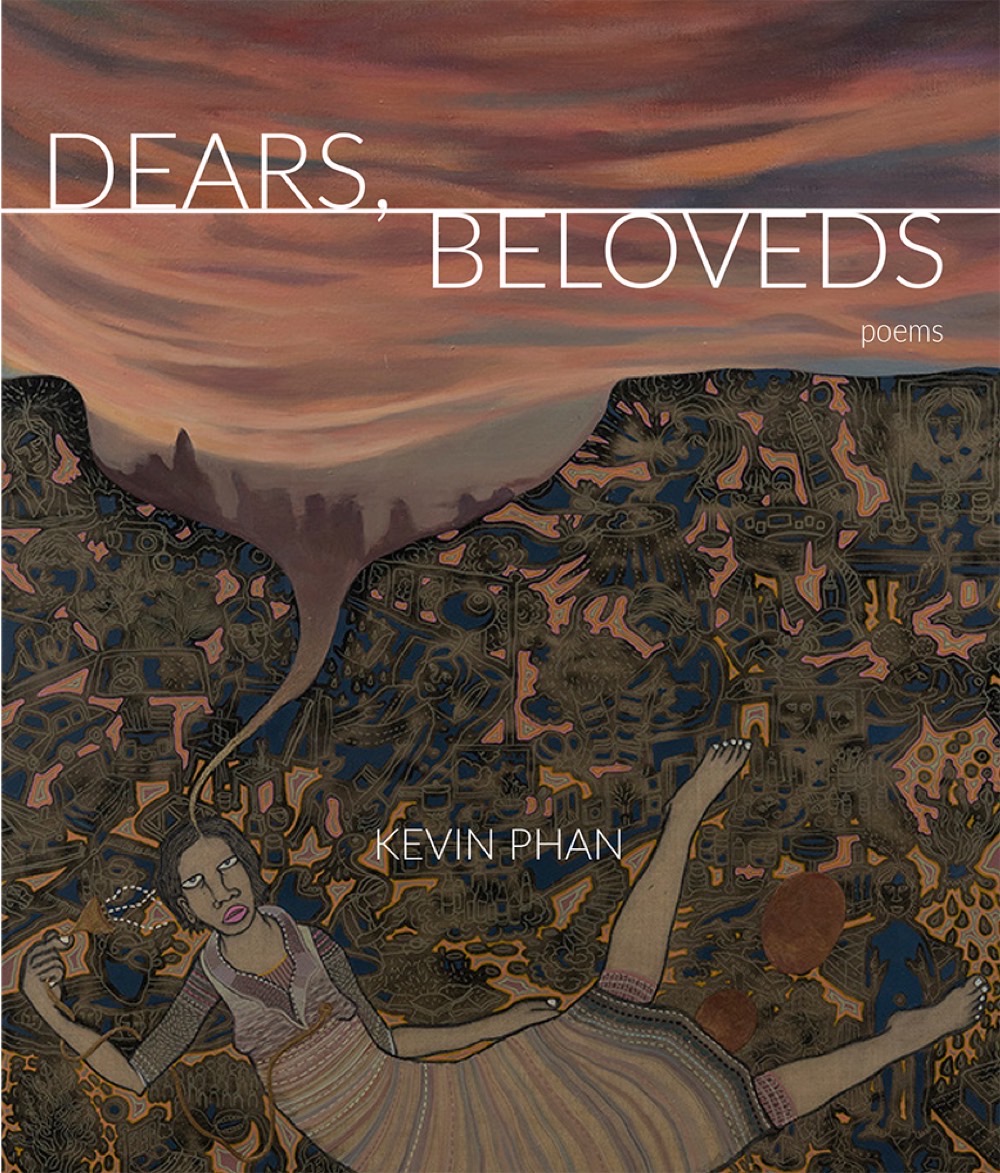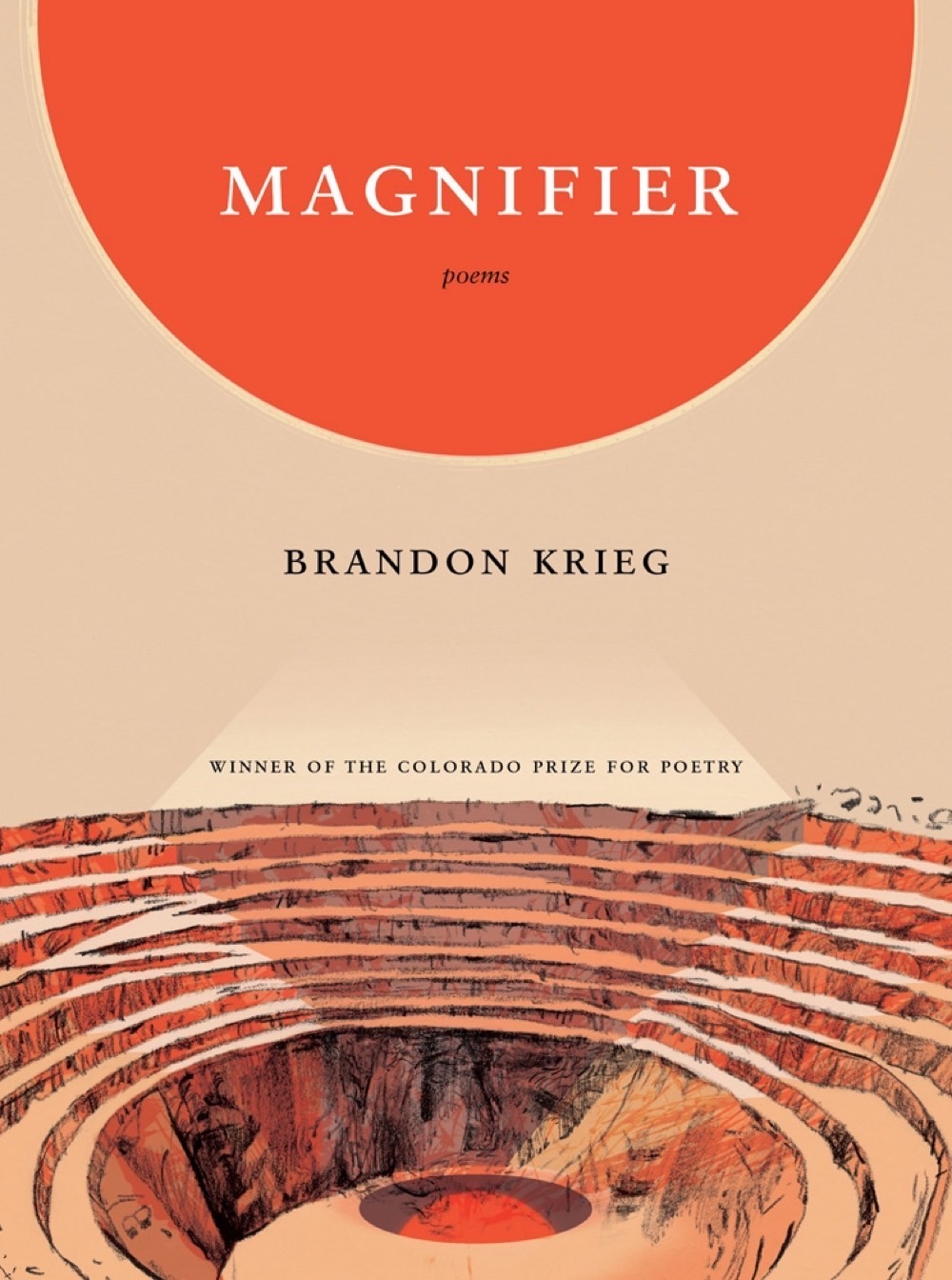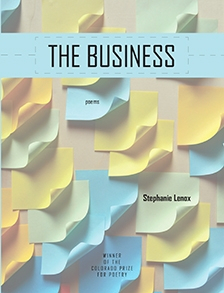Winner of the 2020 Colorado Prize for Poetry
Published by The Center for Literary Publishing at Colorado State University
"Such gratitude for the chance to observe what Kate Bolton Bonnici calls ‘witchspeak,’ wherein she tells us, ‘I deliver a child daily into want.’ Such gratitude to read the lyrics of ‘old stories’ that ‘say burn the skin / of what you’ve become.’ Such gratitude to stand with these poems between Euripides and Homeric hymns and The Midwives Book of 1671, between silence and that space wherein ‘between us every word / is dirt swaddled.’ Every elegy a bloodline and, the poet says, ‘daughter, I lie with you on the crackling chuck pad, burning where your body / opened mine to be born.’ Every elegy is ‘an ancient loop—someone / looking means someone’s gone. / Something unequal / makes its way forward.’ Bonnici's beautiful and moving Night Burial is a daybook for daughters, an elegy for mothers, a lyric work where ‘my mother remembers the echo / from her mother's heels on the hall.’”
—Ilya Kaminsky, author of Deaf Republic and Dancing in Odessa
"There is such an ease, a clear precision to her poems, composing a lyric of direct statements packed with nuance and density."
—Rob McClennan's Blog
"In her deeply moving and award-winning book of poetry, Night Burial, Alabama native Kate Bolton Bonnici depicts a daughter’s loss of her mother to cancer and offers an intimate shared experience of the grieving journey."
—Alabama Writers' Forum
In Night Burial, Kate Bolton Bonnici mourns her mother’s death from ovarian cancer by tracing the composition, decomposition, and recomposition of the maternal body. Opening with an epigraph from Julia Kristeva’s Stabat Mater, which recognizes the “abyss that opens up between the body and what had been its inside,” Night Burial moves from breastfeeding to laying sod on a grave, weaving together Alabama pine forests, fairy tales, philosophy, classical and Renaissance literatures, church practices, and hospice care. Through centuries-old and newly imagined poetic forms, Night Burial crafts a haunting litany for the dead. These poems ask the essential questions of grief, intertwined with family and place: how do we address the absent beloved and might the poem become its own conjuring whereby the I can once again speak to the you?
Media
Inside UCR


